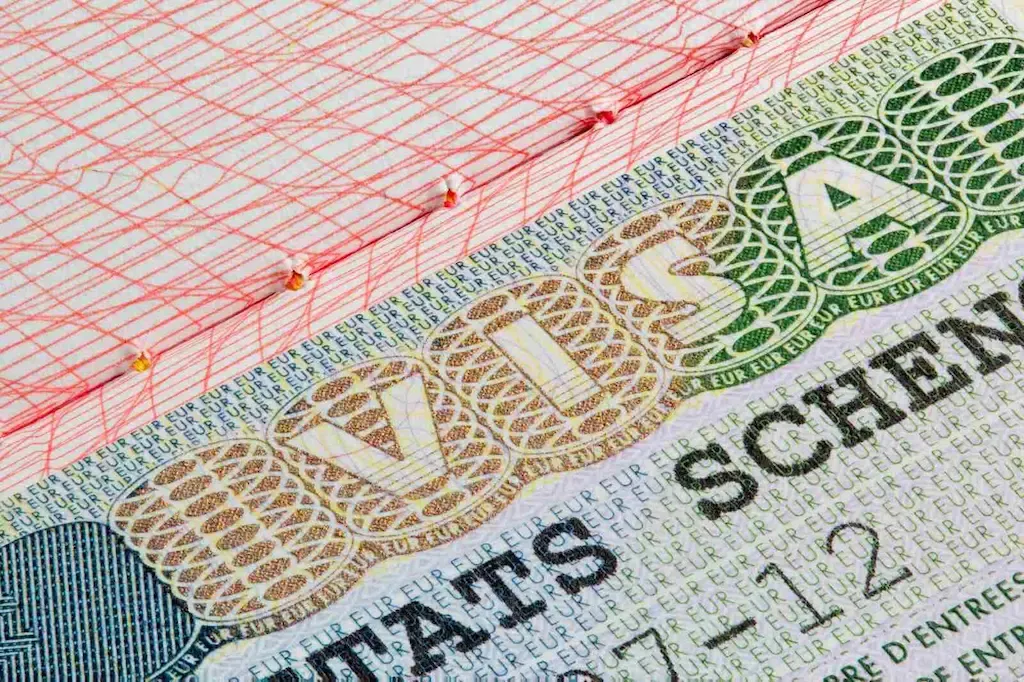Schengen Visa
Published on: March 1, 2023
|
Reading time: 2 min

Schengen Treaty
The Schengen Area, established by the Schengen Agreement in force since 1995, is a European zone where internal border controls have been abolished while police and judicial cooperation is maintained.
Schengen Area Member States
EU Member States:
- Germany
- Austria
- Belgium
- Denmark
- Slovakia
- Slovenia
- Spain
- Estonia
- Finland
- France
- Greece
- Hungary
- Italy
- Latvia
- Lithuania
- Luxembourg
- Malta
- Netherlands
- Poland
- Portugal
- Czech Republic
- Sweden
- Iceland
- Liechtenstein
- Norway
- Switzerland
Non-continental territories included:
- Azores
- Madeira
- Canary Islands
What the Schengen Area Means for Foreigners
- You only need to obtain a Schengen visa in the country where you will spend the most time or first enter.
- No additional visa or permit is required to visit other Schengen States.
- The Schengen authorization allows for 90 days of stay within a 180-day period.
- If you wish to visit a non-Schengen country during your trip, you must obtain a double- or multiple-entry visa.
In very specific cases, a Limited Territorial Validity Visa may be issued, valid only in the issuing country.
Colombians and ETIAS
Since the second half of 2022, thanks to an agreement between Colombia and the EU, Colombian nationals can travel 90 days within the Schengen Area without a visa, using the ETIAS authorization.
Countries Exempt from Schengen Visa Requirements
Americas
- Argentina
- Bahamas
- Belize
- Brazil
- Canada
- Chile
- Colombia
- Costa Rica
- El Salvador
- United States
- Guatemala
- Haiti
- Honduras
- Mexico
- Nicaragua
- Panama
- Paraguay
- Peru
- Dominican Republic
- Suriname
- Trinidad and Tobago
- Uruguay
- Venezuela
- Guyana
- French Guiana
Rest of the World
- Albania
- Andorra
- Antigua and Barbuda
- Argentina
- Australia
- Bahamas
- Barbados
- Bosnia and Herzegovina
- Brazil
- Brunei
- Canada
- Chile
- South Korea
- Dominica
- United Arab Emirates
- United States
- Georgia
- United Kingdom (Withdrawal Agreement)
- Grenada
- Israel
- Japan
- Kiribati
- North Macedonia
- Malaysia
- Mauritius
- Micronesia
- Monaco
- Montenegro
- Nauru
- New Zealand
- Palau
- Panama
- Moldova
- Samoa
- Saint Kitts and Nevis
- Saint Lucia
- San Marino
- Saint Vincent and the Grenadines
- Seychelles
- Singapore
- Timor-Leste
- Tonga
- Tuvalu
- Ukraine
- Vanuatu
- Vatican City (Holy See)
- Zimbabwe
Recommended articles
Would you like some advice?
Please fill out the following form, and we will get in touch with you.
- Phone:300 388 4986
- WhatsApp:Click to start your WhatsApp chat
